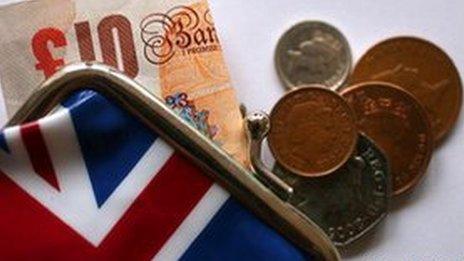London transport: Exactly how costly are those fare freezes?
- Published
- comments
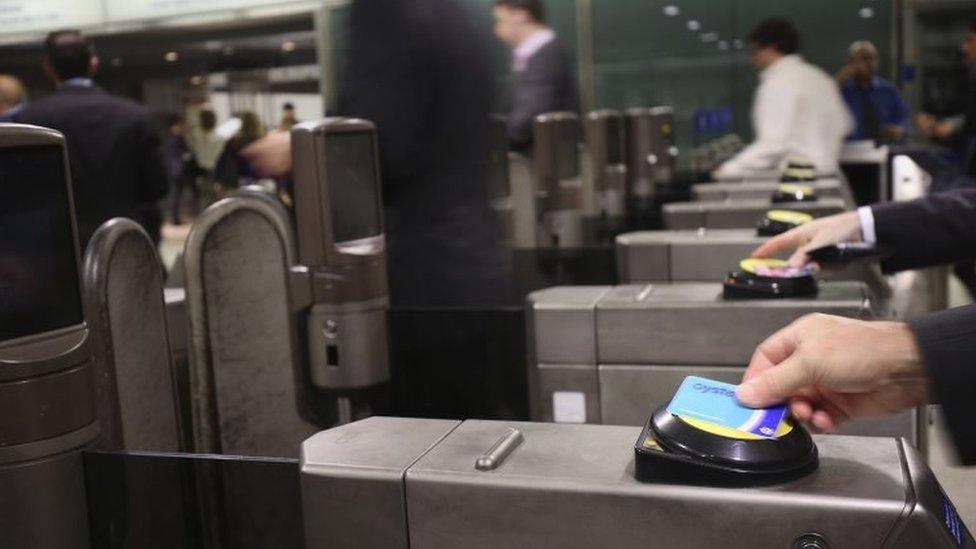
Will the costings of a fares freeze policy now come down to an argument over inflation assumptions?
On Wednesday we got a little enlightenment around the costs of a four-year fares freeze, as well as a bit more murk and some caveats.
Transport Commissioner Mike Brown confirmed publicly a four-year freeze will cost Transport for London (TfL) £1.9bn during the five years of its business plan.
Labour mayoral candidate Sadiq Khan's costing of £452m is for the four years of the mayoralty.
That means the cost of the fare freeze during the mayoralty will be lower than £1.9bn, probably by about 20%, according to TfL.
'Perfectly understandable'
However, the remaining big difference between the figures, according to Mr Brown, is down to inflation assumptions.
He struck a conciliatory tone - trying not to take sides - in front of the TfL Plenary in City Hall.
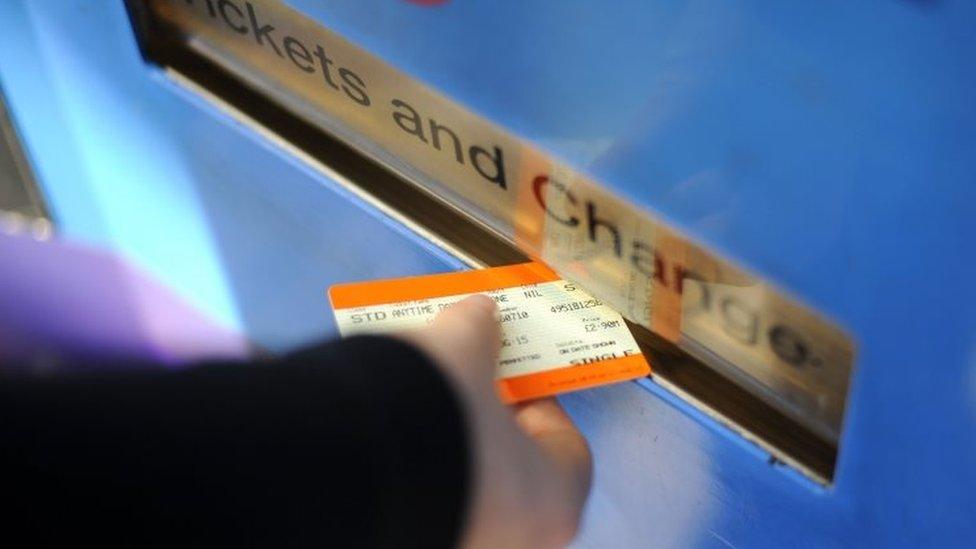
Labour mayoral candidate Sadiq Khan has pledged to freeze fares for four years
He admitted the £452m was "perfectly understandable" and that there were "different assumptions that underpin different numbers".
Under tough direct questioning from Labour's London Assembly transport committee chair Val Shawcross, he gave an explanation of how TfL came to the £1.9bn figure.
He outlined the business plan had been based on fares "going up" by inflation (retail price index, RPI) plus 1%.
Even though fares had only been going up by RPI because of extra money from the government.
He explained if RPI was 1% - like it is at the moment - a fare freeze over four years totals £900m in lost revenue over the course of the business plan (i.e. you would lose a 2% rise in fares at RPI plus 1%).
But Mike Brown said the cost was much more when inflation was higher. And this is where assumptions come in.
Whose version do you trust?
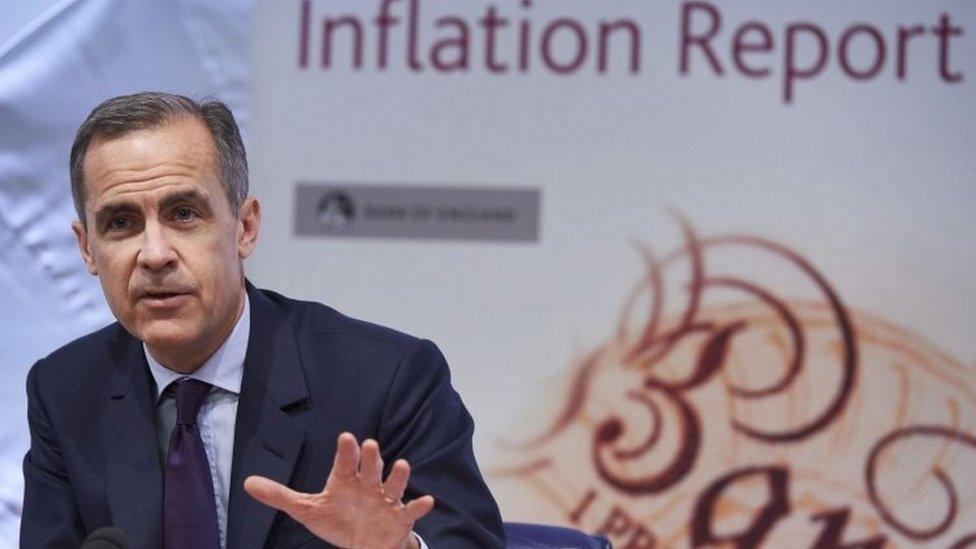
Inflation hit a record-equalling low in the UK in January thanks to lower fuel and energy prices; RPI also fell from 1.6% to 1.1 % in the same month
TfL claims its RPI forecast is based on a range of independent forecasts, including those of the Office for Budget Responsibility, the Bank of England and Greater London Authority (GLA) Economics, and other financial institutions.
Its RPI figures assumptions are:
o2017: 1.9%
o2018: 3.5%
o2019: 3.5%
o2020: 3.5%
This brought the figure to £1.9bn over five years.
Is this viable?
So, what does it mean? Sadiq Khan's figure of £452m for four years still looks low compared to TfL's figures.
It is worth pointing out TfL is extremely adept at protecting its budget - which Mike Brown again underlined.
But Val Shawcross also raised valid questions. There is no up-to-date TfL business plan. And she cast doubt on the inflation assumptions themselves.
She said the 3.5% was much higher than the Bank of England's Consumer Price Index inflation figure of 1%. And she said TfL's inflation figures were "no longer viable".
She said she would like to see TfL rework the costings figures with up-to-date assumptions (presumably from an up-to-date business plan).
Conservative London Mayor Boris Johnson has said £1.9bn was the cost of a fare freeze. It is worth noting we have not yet got the Conservative Party's mayoral candidate Zac Goldsmith's fares policy.
So where now? Will the costings of the policy now come down to an argument over inflation assumptions?
Or will the extra details we've gleaned draw a line under this?
- Published6 January 2016
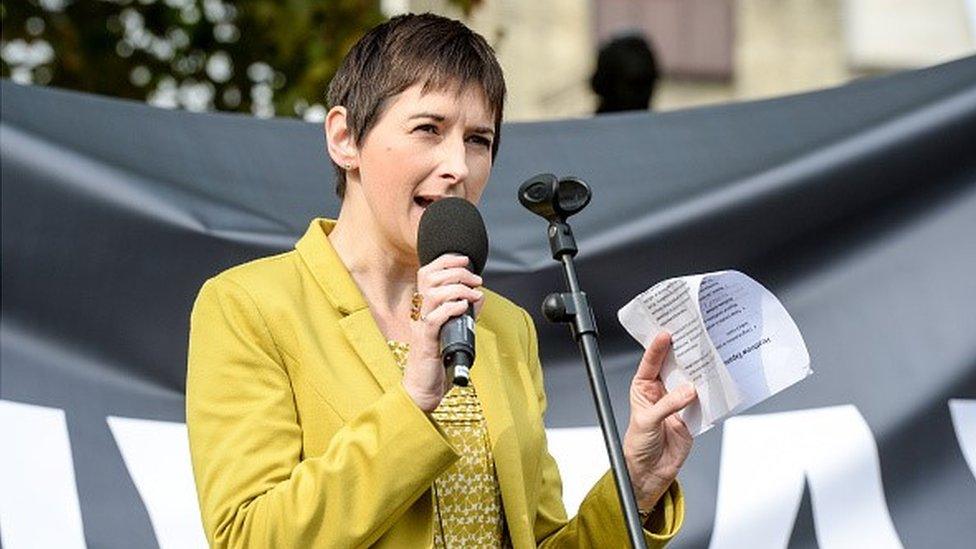
- Published7 January 2016
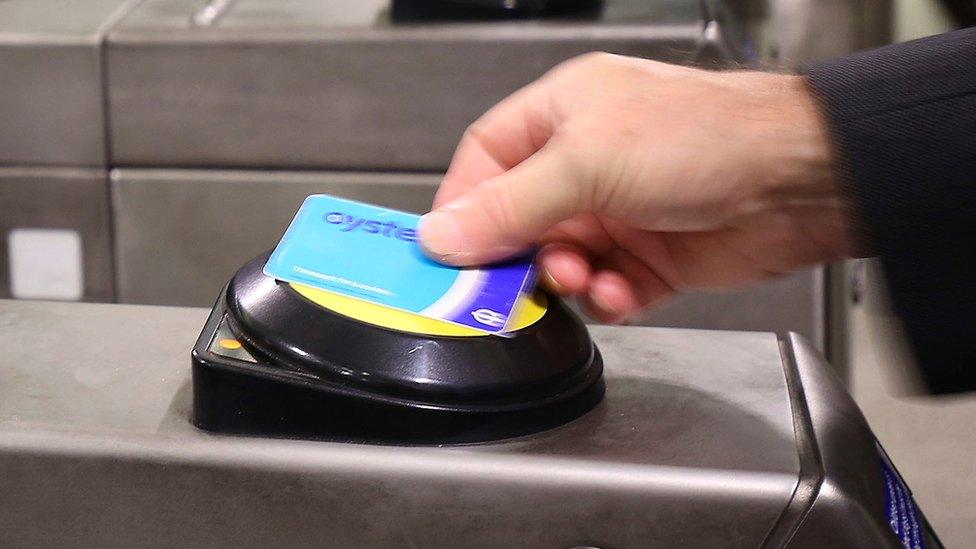
- Published17 February 2015
